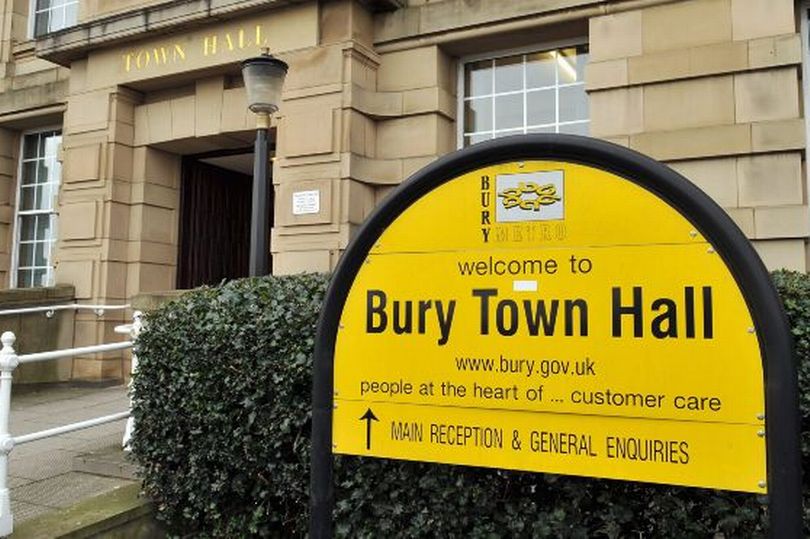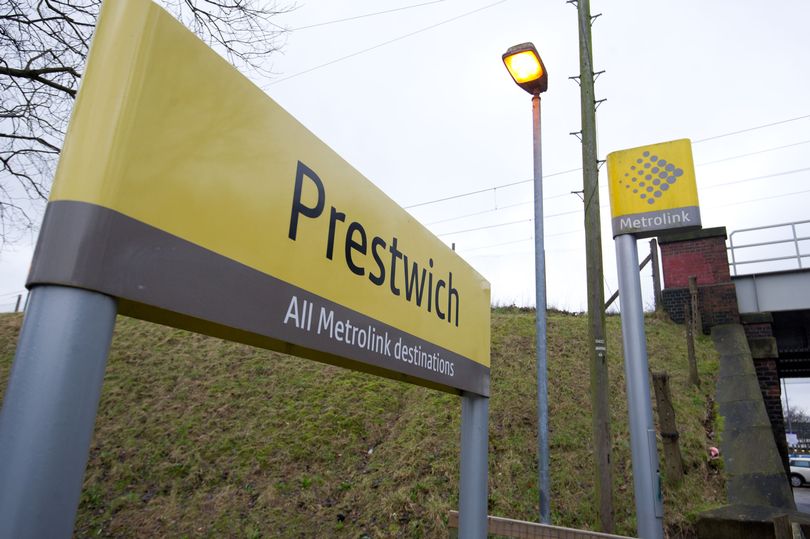Earlier in the month was the regular meeting of the Council’s Cabinet. This is the meeting consisting of the eight Labour Cabinet members. Opposition Group Leaders are invited but cannot vote. Liberal Democrat Group Leader Councillor Tim Pickstone reports back:
Prestwich Regeneration
Residents will be aware of the VERY longstanding discussions about regenerating the Longfield area in Prestwich ‘village’ centre. A couple of years ago the Council announced that it was working with a developer – MUSE Developments, but is now reporting that this company, although it is still interested in being involved, is not interested in being the ‘lead developer’.

The Cabinet agreed a report that the Council would proceed with looking at whether or not the Council itself could be the lead developer for the site. The first stage of this is for the Council to spend £1.2 million out of its ‘capital programme’ (essentially money that is either borrowed or selling assets) to undertake the detailed work to take this possibility to the next stage.
Most of the £1.2 million will be spent on external consultants. It is in addition to the money that the Council spent to buy the building which Istanbul restaurant is in. The report makes clear that the Council would need to buy the lease for the shopping centre from its current owners to proceed (presumably more money).
I raised two questions. The first was around ‘risk’. Essentially the Council is saying that it can do what private developers don’t feel they can do in developing the site. For everything to work a lot of things would need to fall into place at the same time, and if they don’t there is a risk that taxpayers money would be at risk. In particular the Council would need to find a scheme that included paying for new community facilities to replace the library, which is no easy task.
It was hinted at very strongly in the report that the Council saw no future for the existing Longfield Suite I asked them to confirm that they did indeed see no future for the suite, which they confirmed. They did say that they were committed to a new community facility as part of the scheme, but I will be amazed if this provides a space as large and flexible as the existing Longfield Suite.
Sedgley Children’s Centre
The Cabinet also agreed to hand over management of the Sedgley Children’s Centre (Bishops Road/Kings Road junctions) to the Jewell Foundation, a local Jewish charity.
As part of the agreement, the charity will increase engagement between the local Jewish community and the council.
I asked about whether the existing services, which run from the Children’s Centre would continue (they will), and also if there would be an impact on the ‘spoke’ children’s centre run from the building next to Butterstile primary school (they will be unaffected by this change). It would seem that proposals are to come forwards shortly to move all Children’s Centres to being run by third party agencies.
Full news story on the Jewell Foundation transfer in the Bury Times.
Papers for the meeting are here. Any questions please ask!








